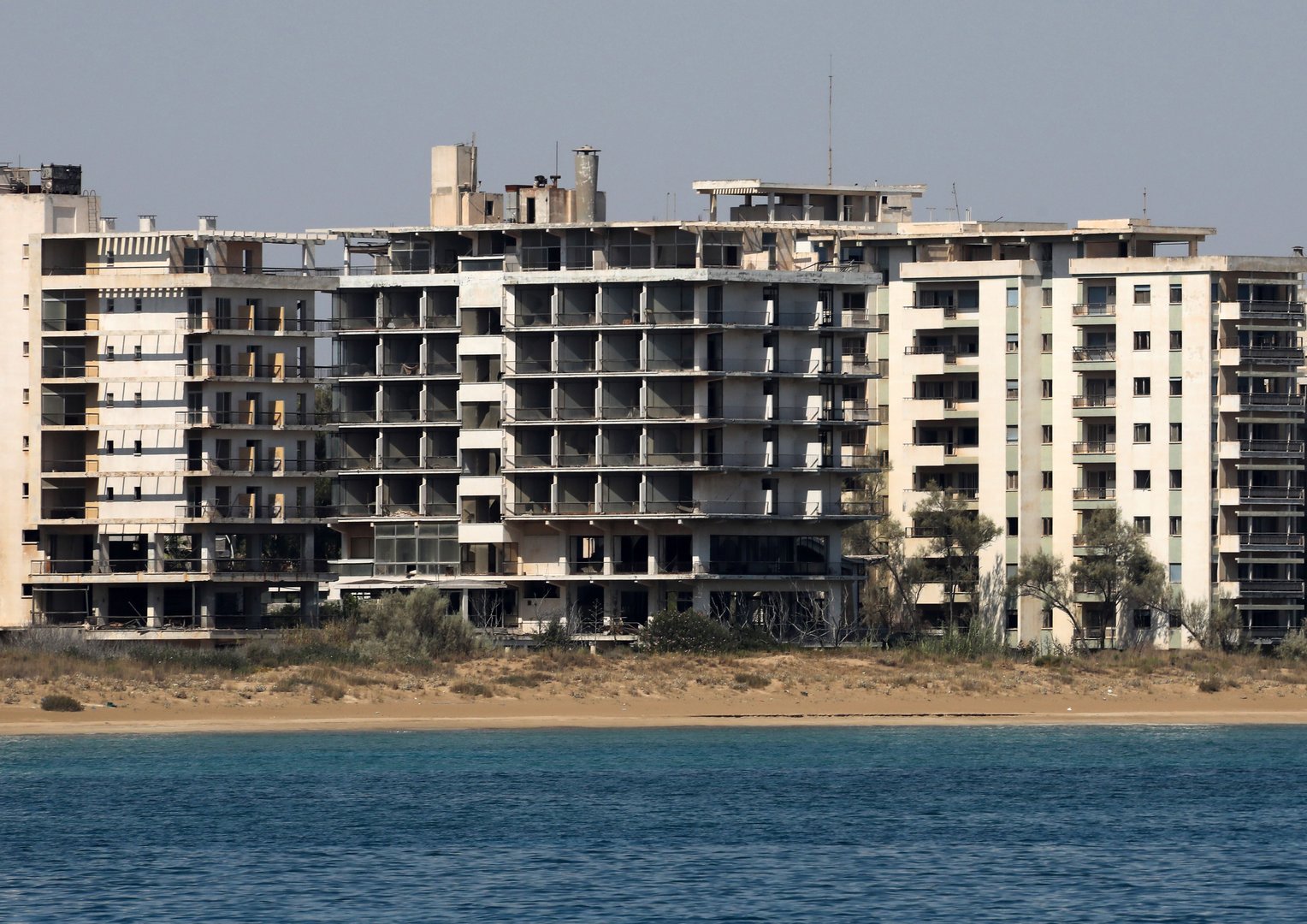The Famagusta mayor on Monday called for meetings with representatives of the five UN security council members over the latest threats that more areas of Varosha will be reopened.
Mayor Simos Ioannou told CyBC radio that next week Cypriot representatives will also travel to the UK to discuss the matter with the foreign office and the house of commons.
His comments came after Foreign Minister Ioannis Kasoulides confirmed reports that the north appears set to reopen further sections of Varosha – but in a manner viewed as significantly different to the initial reopening.
Ioannou expressed similar concerns, noting that the latest reopening is different as the section under consideration appears to be Ayios Memnonas – vast swathes of which is claimed by Evkaf.
Kasoulides last week sought to emphasise the significance of the latest moves.
“There will be public buildings [government offices] and the public will go there to carry out their chores, they [the north] said this would never happen – that they reopened Varosha to visitors and will return 3.5 per cent of the territory to the rightful residents, but now they are moving a step further,” Kasoulides said.
He also pointed to the complicating factor of Evkaf, which claims the areas under consideration for reopening.
“Previously they had chosen areas not claimed by Evkaf, but now they are moving a step further,” Kasoulides said, adding that it will certainly be an escalation.
Evkaf is the owner and/or the administrator of the vakifs. A vakif is a voluntary donation for a religious cause or purpose, usually in the form of real estate, which is intended to serve Muslim religious and philanthropic goals. Evkaf was founded in Cyprus in 1750 and is governed by the Turkish Cypriot administration.
In 2005, Evkaf appealed to the Turkish Cypriot Famagusta district court, claiming the ownership of a large segment of the fenced-off part of Varosha but also other large areas of land outside the fenced-off city. Evkaf’s basic argument was the allegation that during the British colonial period a plethora of properties belonging to it were illegally detached from their rightful owner and transferred to the colonial government, the Greek Orthodox church and to various Greek Cypriot individuals, despite the explicit prohibition on the transfer of Evkaf-owned properties, other than under certain clearly defined conditions, which had not been satisfied.
Evkaf’s claim was not confined to the fenced part but extended to cover other areas adjacent to Varosha (Ayios Loucas, Kato Varossi, Derynia, Eptakomi, Ayios Memnonas and Komi Kepir).







Click here to change your cookie preferences